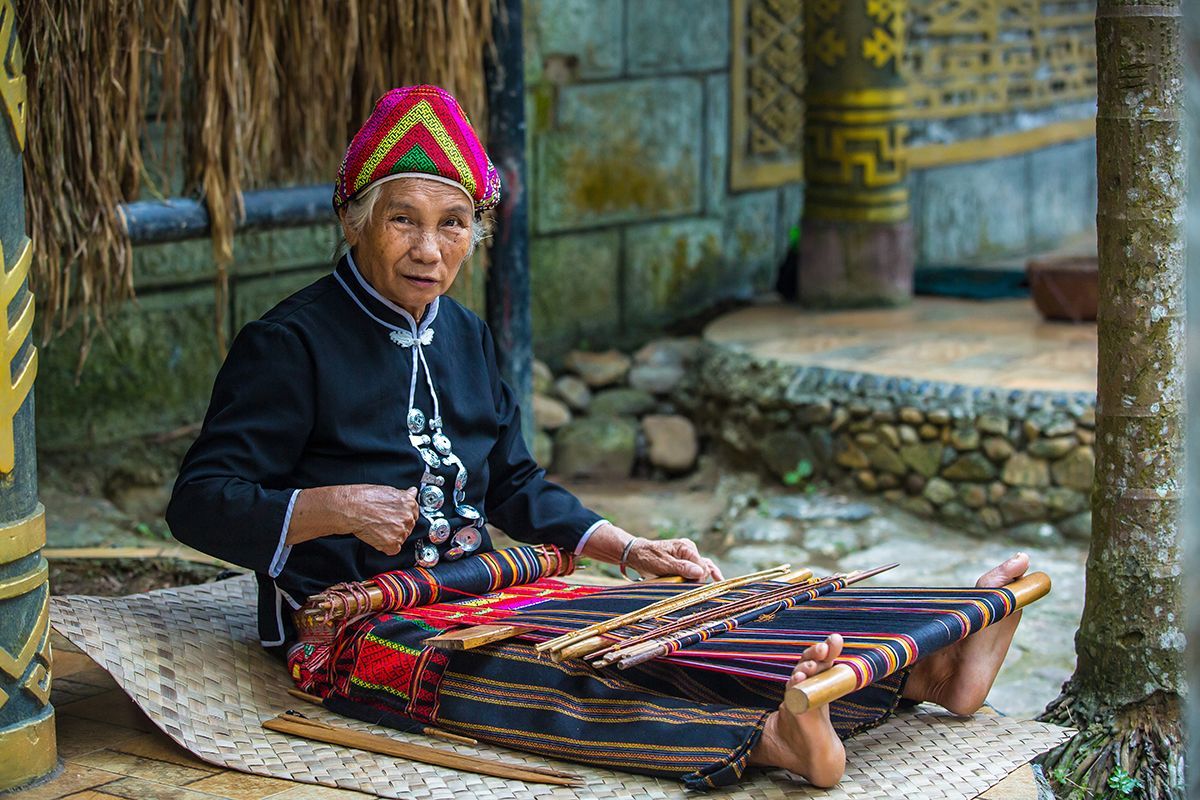© This article is an extract from Paul Hattaway's epic 656-page China’s Book of Martyrs, which profiles more than 1,000 Christian martyrs in China since AD 845, accompanied by over 500 photos. You can order this or many other China books and e-books here.
1900 - David Barratt
July 1900
Tangcheng, Shanxi
David Barratt.
David Barratt came from Devonport on the Australian island of Tasmania. Born in 1872, he received his call to missionary service in China after hearing an address by Miss Edna Bavin. Even before departing from his homeland Barratt proved himself a gifted evangelist, especially along the northern coast of Tasmania where he led many people to Christ.
He sailed to China among a party of new China Inland Mission recruits from Australia in 1897, and after a year studying Chinese in Anhui Province, he was sent to Shanxi Province in North China. At the start Barratt struggled to learn Chinese. His struggles were accentuated because of his strong desire to share the gospel with the people around him. His inability to communicate effectively led to great frustration.
Barratt came to believe that many thousands more labourers were needed before China would ever hear the gospel in great numbers. He wrote many stirring letters home, appealing to the youth of Tasmania to give their lives and serve the King of Kings in China.
In a letter written at the end of May 1900, Barratt wrote of the troubling clouds he saw gathering on the horizon: “I am like the ox, ready for either the plough or the altar.”[1] When news of the slaughter of 46 missionaries at Taiyuan reached Barratt’s ears, he wrote his final letter to a colleague,
“The news nearly made me faint. The Empire is evidently upside down…. Our blood may be as a true center [for the foundation] and God’s kingdom will increase over this land. Extermination is but exultation. God guide and bless us! ‘Fear not them which kill,’ He says, ‘are ye not of much more value than many sparrows.’ ‘Peace, perfect peace,’ to you, brother…. We may meet in the glory in a few hours or days…. Let us be true till death.”[2]
Barratt and William Cooper tried to head for the safety of the coast. They got as far as Lu’an (now Changzhi) in Shanxi, but found the town was overrun with Boxers. On June 29th Barratt, along with a few local believers, fled into the night in the hope of finding a safe haven in the mountains until the trouble passed. Barratt was killed when the Boxers finally caught up with him in the hills near Tangcheng a few weeks later. The zealous young Australian was just 28 years-old.
The martyrdom of David Barratt and so many other missionaries had the opposite effect to that which the enemies of the gospel expected. By laying down his life Barratt’s appeals for more labourers became a powerful epistle. By the end of 1901, 72 missionaries from Australia and New Zealand were stationed in China and associated with the China Inland Mission.[3] Just three years after the Boxer bloodbath, revival broke out in many of the areas where the bloodletting had been the worst. Near the place where David Barratt was killed a missionary reported,
“Our chapel is crowded every Sunday, and at other times during the week; the whole village has practically been brought under the power of the Gospel. Idols and tablets are being destroyed almost daily, and the chief points of our teaching are being discussed in almost every shop and home in this and other near places…. In a village one mile from here, I conduct services three times a week, and more than half the villagers have destroyed their idols and seem desirous of following Christ.”[4]

1. Broomhall, Martyred Missionaries of the China Inland Mission, 57.
2. Hefley, By Their Blood, 24.
3. Marcus L. Loane, The Story of the China Inland Mission in Australia and New Zealand, 1890-1964 (Sydney: Overseas Missionary Fellowship, 1965), 30.
4. China’s Millions (July-August 1903), 99.




